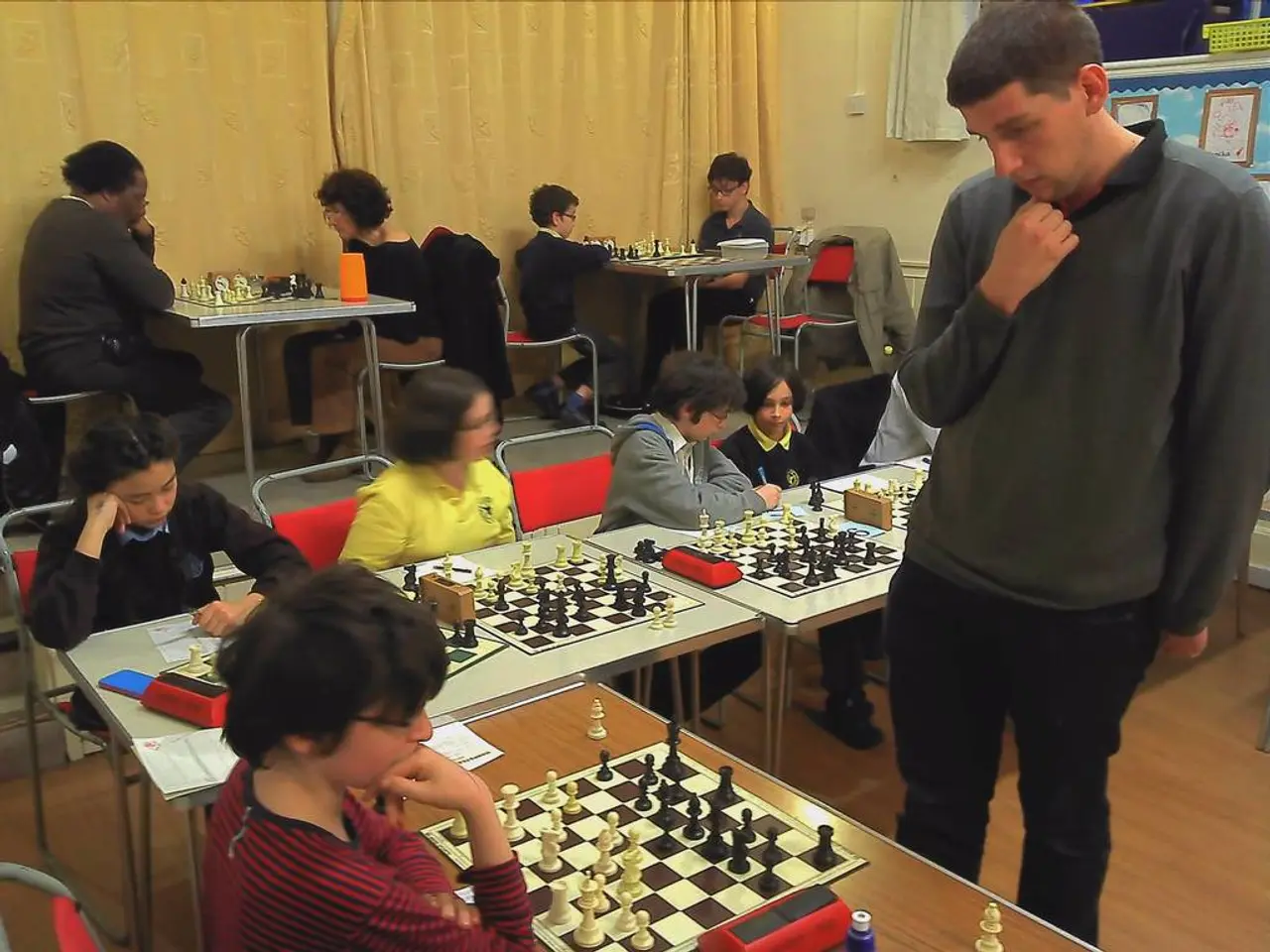EU Commission calls for penalties against Israel concerning Gaza matters
The European Union (EU) finds itself in a delicate position as it grapples with the humanitarian crisis unfolding in the Gaza Strip. Despite increasing calls for action from a coalition of 40 cross-party Members of the European Parliament (MEPs) and some EU countries, as of late July 2025, the EU has not imposed official sanctions against Israel.
The EU's foreign ministers have deliberated on various options, including the suspension of the EU-Israel Association Agreement and trade restrictions. However, a consensus to proceed has not been reached. The EU foreign ministers considered full and partial suspension of the trade and research cooperation pillars, arms embargoes, travel bans, and sanctions on Israeli ministers, but found insufficient support [4].
The European Commission has taken a step towards action, proposing a partial suspension of Israel from the Horizon Europe research program. This decision is a response to findings that Israel has breached human rights clauses in the Association Agreement amid the Gaza conflict. However, EU member states have not agreed to fully implement this suspension due to a lack of consensus [2][3][5].
Some EU countries, including Germany, France, and the UK, have issued strong statements condemning Israel's actions in Gaza, calling for an end to the humanitarian catastrophe. The Netherlands has even imposed travel bans on two Israeli ministers considered extremist [1][2].
Critics, including MEPs and human rights organizations, have lambasted the EU's reluctance, labelling the refusal to suspend the Association Agreement a "cruel and unlawful betrayal." They urge member states to take unilateral or coordinated action, independent of EU-wide agreement [4].
The EU Commission's decision does not require a unanimous decision by the member states. Participation of Israeli universities and researchers in cooperation projects and research activities within Horizon would remain unaffected. However, the suspension of participation would affect start-ups and small companies working in fields such as cybersecurity, drones, and artificial intelligence.
Israel, for its part, intends to work to ensure that the recommendation is not accepted by the EU Council of Ministers. The Israeli Foreign Ministry has criticised the proposed sanctions as "wrong, regrettable, and unjustified." Israel argues that it is fighting against jihadist terrorism of Hamas, and the sanctions are seen as strengthening Hamas [4].
The situation in the Gaza Strip remains serious, despite daily humanitarian pauses in the fighting and some fulfilment of commitments under the joint agreement on humanitarian aid and access. The EU Commission's analysis concludes that Israel has hardly allowed any deliveries of humanitarian aid to the approximately two million Palestinians in the Gaza Strip in recent months [4].
As the EU continues to weigh its options, the humanitarian crisis in Gaza remains a pressing concern. The EU's response will undoubtedly have far-reaching implications for Israel, the Palestinians, and the wider region.
The European Union's deliberation on the Gaza crisis extends to politics beyond just the humanitarian crisis, with foreign ministers considering sanctions against Israel due to allegations of human rights breaches. Despite the European Commission's proposed partial suspension of Israel from the Horizon Europe research program, a unanimous decision by member states is yet to be reached, as some countries, such as Germany, France, and the UK, have issued strong criticism but remain divided on action.







